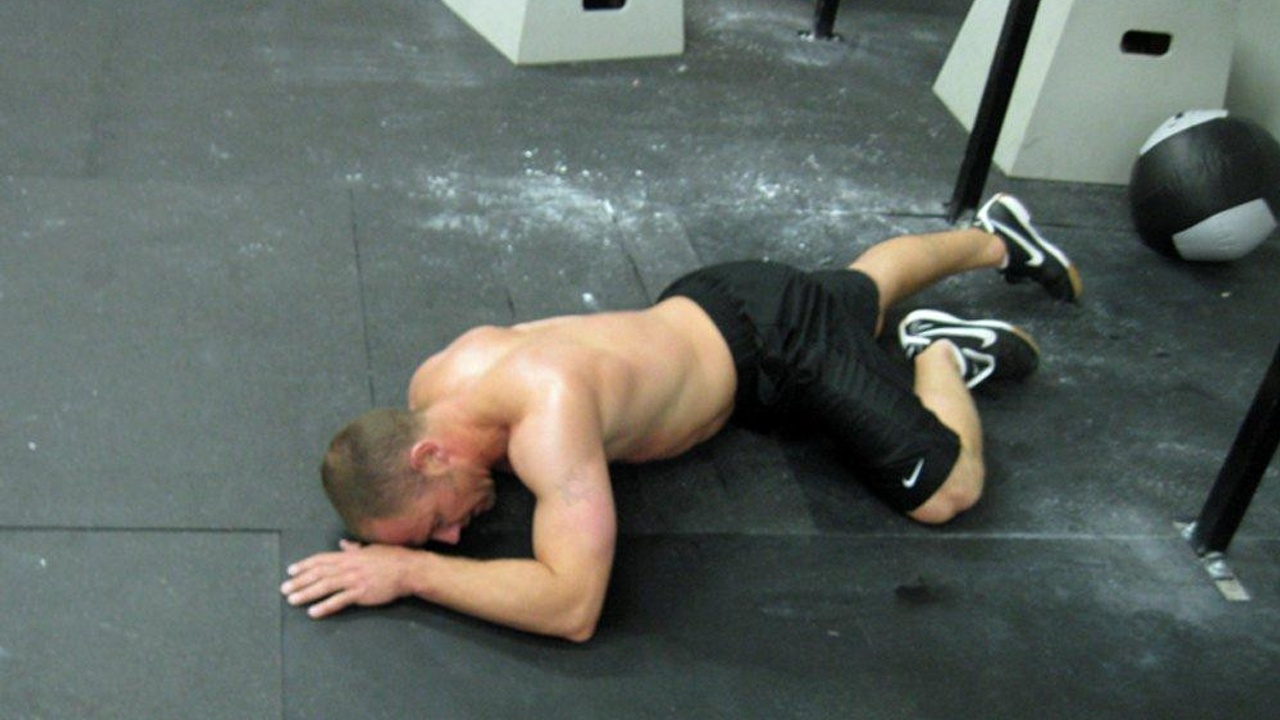
5 Biggest Training Mistakes in MMA
by Corey Beasley
This last weekend I was fortunate enough to attend a workshop at the National Strength and Conditioning Association, called 'Training for Combat Sports.'
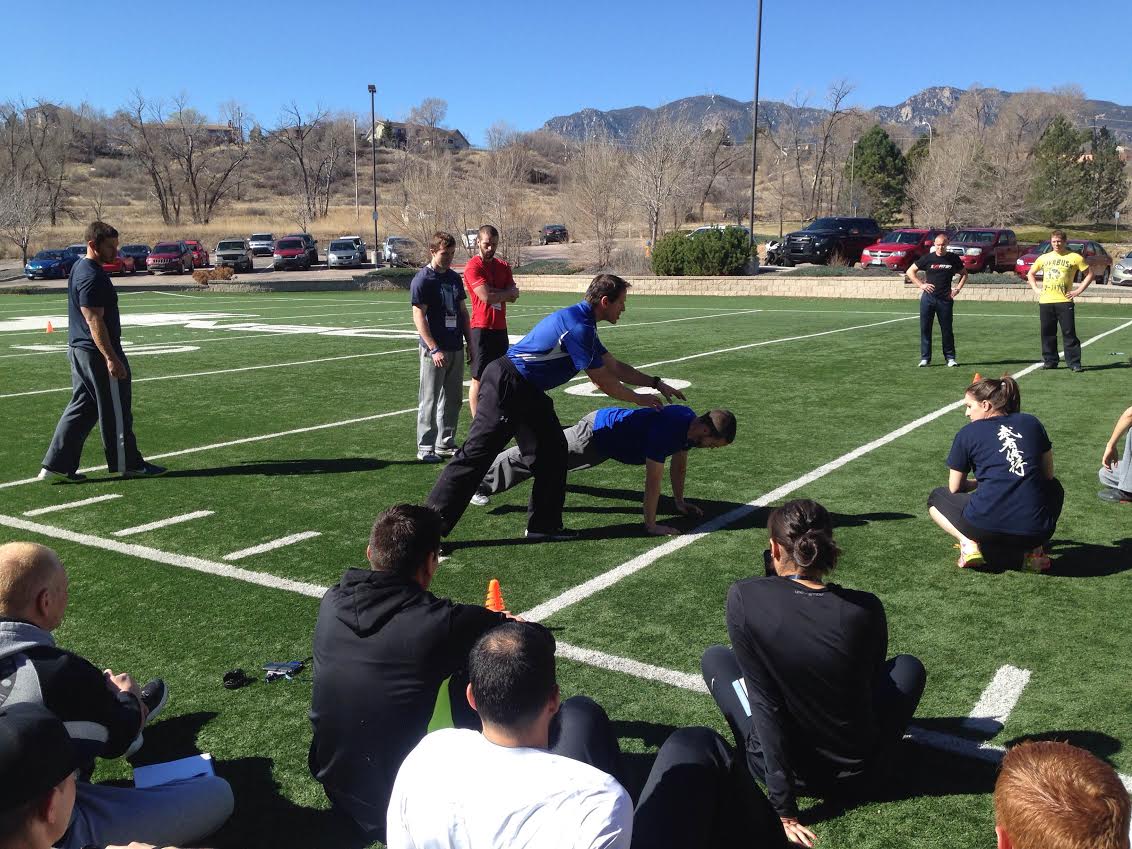 There were strength coaches, researchers, educators, athletes and other people that work with mixed martial artists.
There were strength coaches, researchers, educators, athletes and other people that work with mixed martial artists.
Some of the brightest and best shared their strategies, tactics, lessons learned, perspective and more. Needless to say, it was an incredible event!
The most common topic was keeping athletes healthy, performing at a high level and improving the athlete vs breaking them down.
Here are some of the lessons learned from Joel Jamieson, Dr Andy Galpin, and Loren Landow.
#1 There is NO coordinated plan of attack for fighters.
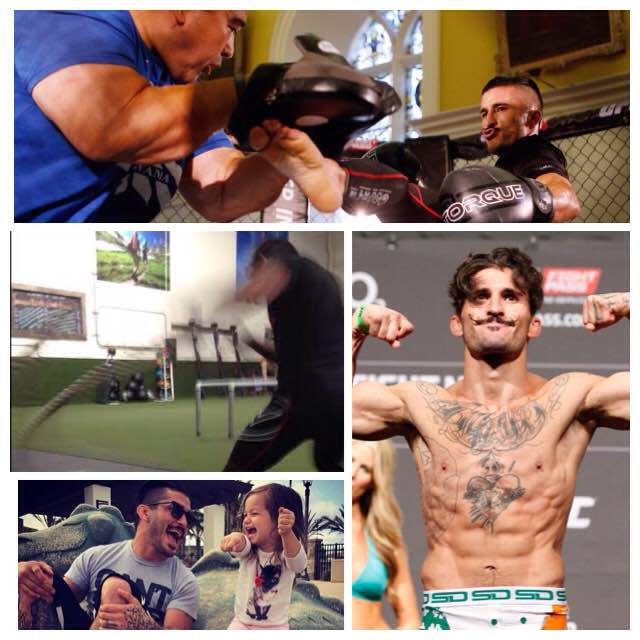 Ideally one person needs to be in charge of the athletes camp, so they can create a plan of attack, communicate expectations, create a schedule, execute and monitor progress along the way.
Ideally one person needs to be in charge of the athletes camp, so they can create a plan of attack, communicate expectations, create a schedule, execute and monitor progress along the way.
- Who is the athlete?
- What are they're strength, weaknesses, etc?
- Who is the opponent?
- What are they're strengths, weaknesses, etc?
- What is the game plan for the fight?
- What physical demands are needed for that game plan?
A stand up battle will have different technical and physical demands than a wrestling or grappling match.
Once the plan is in place, coaches can coordinate on how to best prepare the athlete for competition.
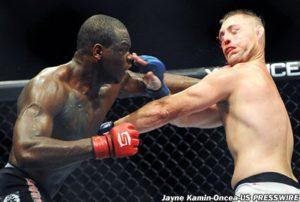 #2 Athletes work with a variety of coaches that DON'T communicate.
#2 Athletes work with a variety of coaches that DON'T communicate.
MMA requires a variety of skills, including boxing, kickboxing, muay thai, wrestling, jiu jitsu, judo, etc...not to mention strength and conditioning.
These demands usually lead athletes to train with a variety of different coaches, at a variety of gyms.
Commonly each coach wants to teach skill, but also tends to blend in their own version of strength or conditioning drills.
Coaches want to help prepare the athlete, but typically do a poor job communicating with the rest of the team.
Many athletes are sparring, rolling live, wrestling, and doing conditioning at every practice.
Left unmonitored, the athlete typically ends up exhausted, stressed, performing like crap and eventually injured.
This goes hand and hand with mistake #1.
In order for an athlete to grow physically and technically, all coaches must be on board, follow the plan and communicate their experience with the athlete along the way.
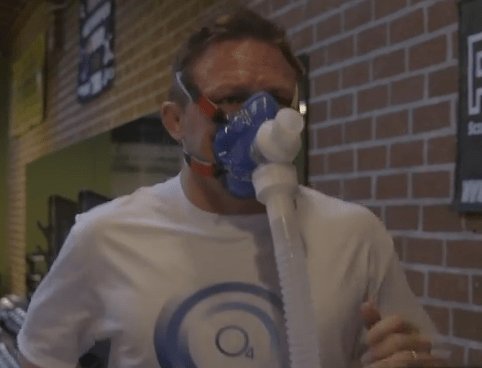
#3 Very few coaches test or monitor the athlete during camp.
Is the athlete getting better or just tired?
Training camp are long, grueling and taxing on the athlete's mind and body.
In order to improve their performance, its important to get some benchmark numbers before and during camp.
Sill is the #1 priority.
How is the athletes skill set?
How can the skill coaches help the athlete evolve, improve and best prepare for the upcoming fight?
Next is strength and conditioning.
- Is the athlete healthy?
- How is their weight/body fat %?
- How good is their mobility/flexibility?
- Are they strong?
- Are they explosive, fast, and quick?
- Are they in shape? (aerobic, anaerobic?)
If the athlete is struggling with pain, strain or injury, that is priority #1. A good physical therapist, manual therapist or other needs to assess, address and communicate the plan with the rest of the team.
A GOOD strength coach can monitor body composition, resting heart rate, mobility, symmetry, strength, power, and conditioning at the beginning and during camp.
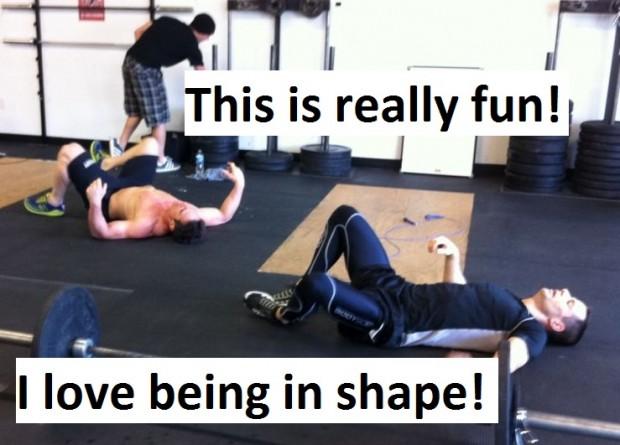 #4 Too much high intensity training
#4 Too much high intensity training
Just about everyone that trains for competition screws this one up...and honestly, I screwed this up a lot in the past.
Competitive people love hard workouts!
If they are laying in a pile of sweat and vomit, it was a great workout, right?
Wrong!
Remember, the goal of strength and conditioning is to make the athlete stronger, more athletic and to keep them healthy, so they can train!
If we always 'smash' them during our workouts, they are way too fatigued to perform and are vulnerable to injury.
A GOOD strength program addresses posture, stability of the joints, mobility, explosive movement, strength and conditioning, within a systematic plan of attack that allows the athlete to peak for competition.
Ideally, the intensity level of each practice should be planned and practices throughout the week should fluctuate between low, medium and high intensity work.
#5 Using conditioning to build "mental toughness"
In America, we idolize 'tough'.
Epic battles, who can last the longest and endure the most pain?
We look up to the people that put in the hours, work hard and tough it out!
When it comes to training, this can be a huge benefit, but the volume and timing must be controlled.
Wrestling for 2 hours and then doing an hour of high intensity conditioning will crush the toughest competitor, but it doesn't make them better.
What many coaches fail to consider is the impact that this type of training has on the athlete and the rest of their training.
MMA training is already tough, taxing and difficult.
Small doses of high intensity, grind sessions can be useful, but need to be part of the big picture, executed at the right time and the impact monitored, so the athlete recovers properly.
MMA is relatively new sport and how we train is evolving every year. We try new things, learn from others and improve our programs, so our athletes are able to perform and succeed at the highest levels. Hopefully some of these ideas will help you improve your program, so your athletes can become stronger competitors!
Joel Jamieson is the founder of 8weeksout.com and is an incredible resource when it comes to training combat athletes.
Dr Andy Galpin is a researcher at Cal State Fullerton and is doing some incredible work with MMA Fighters.
Loren Landow speaks around the world and works with a variety of athletes just outside of Denver, CO.
Corey Beasley is co-owner of Innovative Results gym in Southern California and works with a variety of combat athletes, including Ian "Uncle Creepy" McCall, Tom "Kong" Watson, Eric "Goyo" Perez, Carla Esparza and many others.




